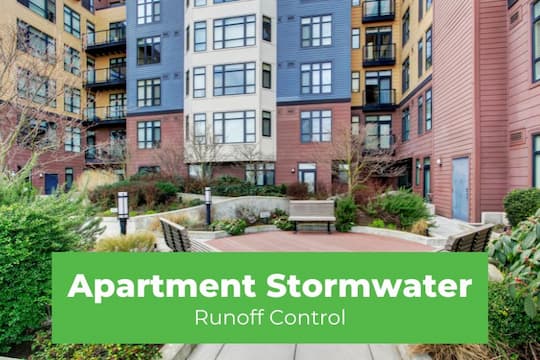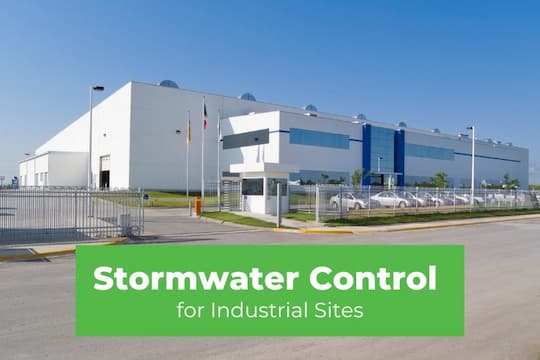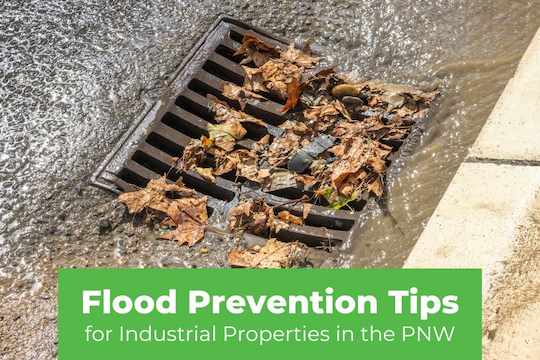Effectively enforcing HOA rules is critical to maintaining harmony in the neighborhood and keeping the community functioning well. By implementing some best practices regarding HOA rules and enforcement, the board can ensure residents receive clarity about the rules, consistency in rule enforcement, and fairness in handing out consequences for non-compliance. The HOA can foster a sense of trust, cooperation, and harmony within the community by implementing some best practices for enforcing HOA rules.
Make Clear Communication a Priority

HOA residents will remember HOA rules when they are communicated clearly and effectively. HOAs can improve their practices by drafting clear, concise, and comprehensive rules. Covered areas should include all community living aspects, from architectural and yard guidelines to noise and parking regulations. Use several modes of communication to deliver the rules to community residents, like emails, newsletters, social media platforms, and community bulletin boards.
Have a regular schedule of reminders to keep residents updated on any changes or rule updates. In some cases, hosting workshops or educational sessions might make sense to provide additional clarification and rationale for certain rules. These efforts can lead to a community culture of understanding and rule compliance.
Enforce Rules Consistently
Consistent rule enforcement is vital to maintaining a sense of fairness and trust among community residents. Outline procedures for addressing violations consistently as part of a larger enforcement plan. Regardless of a resident’s relationship or status within the community, it is important to use objectivity and remove any bias when dealing with infractions.
Avoid granting resident leniency or making exceptions unless warranted due to extenuating circumstances. When residents see the rules enforced uniformly, they will view the HOA as trustworthy and fair, which enhances the overall community and living environment.
Provide Education and Build Awareness

When residents commit rule violations, it is often not due to defiance but a lack of awareness. As part of the best practices for enforcing HOA rules, implement a program to educate residents about the rules and how they play into maintaining property values, community aesthetics, and other factors that make the community a nice place to live.
Distribute pamphlets, host informational sessions, or provide an online portal or hub where residents can find the HOA’s rules and regulations. Keep the focus and emphasis on the rationale behind the HOA’s rules, and include the consequences for non-compliance. Encourage residents to ask questions and maintain an open dialogue to ensure they understand the full scope of their obligations. By approaching the topic of rules with understanding and awareness, residents and the HOA are more likely to minimize conflicts and non-adherence.
Establish a Policy for Enforcement
HOA's best practices for enforcing rules include a well-defined policy that provides clarity and specifics on how the HOA will enforce rules and handle disputes. Develop a policy that includes the steps and progression of enforcement for addressing violations. The steps can include warnings, fines, and legal action.
The enforcement policy should document the amount of time the HOA has to respond to violations that have been reported. Document a process for other important items, such as appealing decisions. Ensure the enforcement policy is communicated and accessible to all residents to maintain HOA transparency.
Conduct Regular Inspections

Regular property inspections are key to best practices for enforcing HOA rules. This step is crucial for identifying violations and addressing them promptly. Schedule routine common area inspections as well as inspections for individual properties. Check for HOA rule compliance and document any observed violations, then follow up promptly with the appropriate step in the enforcement process.
As part of property inspection, checking for things less obvious than oil on the driveway or front doors with peeling paint is essential. To comply with maintenance standards for the overall community, the HOA must verify that residents are not doing any activities that interfere with the drains that perform stormwater trash collection to keep pollutants out of the property’s runoff. This includes identifying and addressing issues like excessive garbage in common areas that clogs the property’s storm drains, hazardous waste from residents such as pet feces, or unrecycled items that add polluting elements to the runoff from the property that goes into local water bodies.
Also, consider using mobile inspection apps and other technology to keep the inspection process consistent, thorough, and efficient. Regularly inspecting the properties and following up with residents ensures the HOA protects the community and preserves property values. By taking a proactive approach with regular inspections. The HOA can prevent violations and other issues from worsening and maintain a more desirable living environment.
Have a Fair Hearing Process
The HOA must have a fair hearing to uphold residents’ rights and ensure due process in enforcement actions. Best practices in this area include allowing residents to contest their alleged violations before imposing any penalties. The HOA may need to schedule a hearing where the resident can present their case, evidence, and any witnesses that can aid in their defense.
Conduct hearings impartially by using an independent committee or involving neutral parties. Decide outcomes by weighing the case's merits and the HOA's governing documents. HOAs can demonstrate their commitment to fairness and justice by offering a fair hearing process, which fosters community cooperation and trust.
Consider Using Professional Management

In some cases, the most efficient way to ensure the community uses best practices for enforcing HOA rules involves seeking the services of a professional management company. These entities are experienced in HOA operations and can handle the tasks related to enforcement effectively. A management company can also provide impartiality and consistency when enforcing HOA rules and consequences for non-compliance.
They have expertise in interpreting HOA rules and can handle the administrative parts of the task, such as issuing warnings to residents and collecting fines. A management company can also keep records of past violations and resolutions, and these tasks remove the burden from volunteer board members. This strategy also ensures efficiency and professionalism when carrying out enforcement efforts. By outsourcing to the experts, the HOA can focus its energy on other parts of managing the community.
Improve Trust and Harmony Within the Community
Adopting these and other best practices allows HOAs to be more transparent with residents and enforce the rules fairly and efficiently. The goal is to maintain a vibrant community with a sense of cohesiveness. By prioritizing best practices, HOAs can uphold established standards, enhance resident satisfaction, and maintain or increase property values. If you are looking for reputable stormwater management companies to aid your community with stormwater system management, compliance, and other issues, contact the experienced professionals at CatchAll Environmental today.






.jpg)






